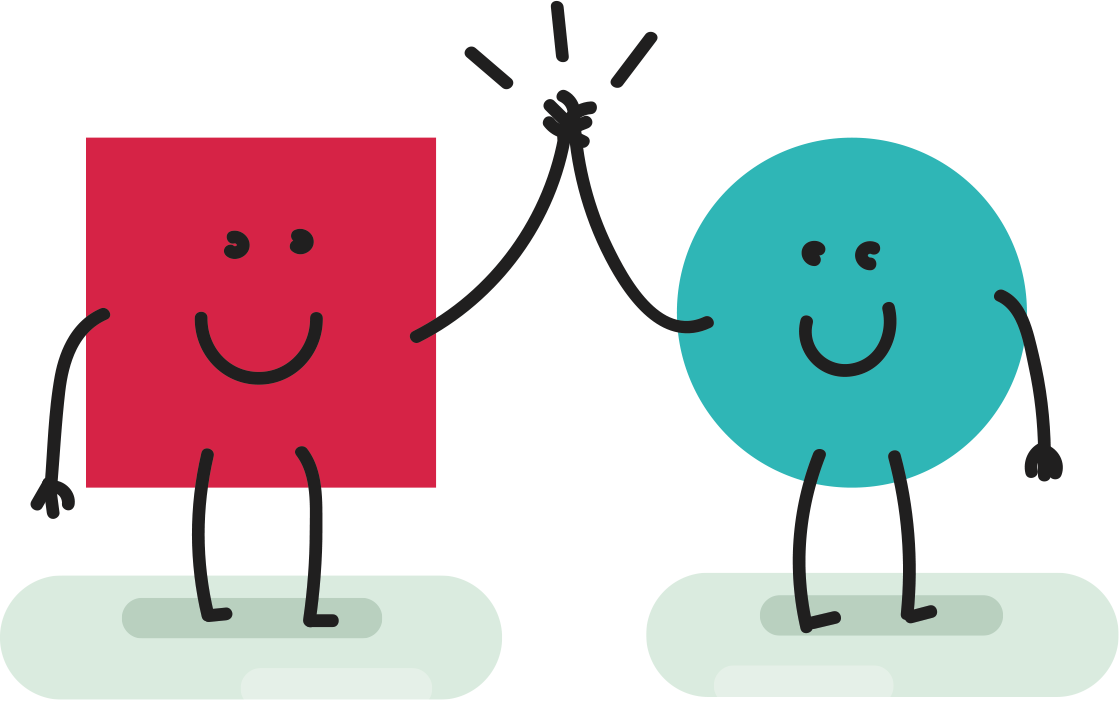

Children and young people with an eating disorder can have a combination of the above three types. Eating disorders may evolve over time into a different type. Recently more categories have been introduced, but are not yet formally diagnosable, to demonstrate the variety of ways eating disorders can occur, in addition to raising awareness of underlying conditions which could cause an eating disorder.
Other descriptions of eating disorders include:
If you are concerned about a child or young person's weight loss, because they haven't eaten in 7 days or have collapsed, then please contact a medical professional immediately.
Eating disorders affect individuals on a physical and an emotional level, and it is important to address them as soon as possible to prevent problems and difficulties from escalating. Eating disorders are the leading cause of death due to mental health conditions.
The psychological and emotional effects of eating disorders last longer than physical symptoms, meaning that even when an individual reaches a healthy weight, they may still be experiencing symptoms emotionally or mentally. Examples of symptoms include:
Due to the stigma of eating disorders they may be difficult to identify, and it is key that a specialist identifies specific any needs and provides support.
We will select the most appropriate assessments. This will ensure that we obtain a holistic and extensive understanding of the individual's mental health and wellbeing needs. From there, it will allow us to form an effective package of psychological support. Our team will also ensure that physical needs are met by working alongside relevant medical professionals.
The specific assessments used will be chosen depending on the child or young person and their needs. Assessments we use often are:
There are other assessments and ways of identifying needs among children and young people with eating disorders.
We provide a broad range of interventions for individuals and families. Types of intervention we provide include:
Interventions are chosen to suit the child or young person and their specific needs.
Eating disorders can have enduring implications on an individual’s life, physically and mentally. Early identification of psychological needs encourages positive changes at the earliest opportunity to facilitate recovery. Eating disorders and associated needs are complex which is why it is important that an assessment takes place by a specialist. To arrange an initial discussion or to speak to a member of our team please contact us.
Arrange an Initial Discussion to find out how we can help. The initial discussion lasts 1-1.5 hours, comes with a written recommendation summary and is a starting point to identify needs. The cost is £260.
only
£260








Once again thank you for all your help and for actually listening to me when others wouldn’t.

Jodie (Parent)
Thank you Julie once again for the excellent report, it captured the child’s needs entirely - SENDIASS, parents and me commented on how well written it was. Many thanks for your continued assistance.

SENCO
Sarah Ward was brilliant with us. Really happy with the help and support, would recommend.

Joanne (Parent)
I think the work you have been doing has been great to help break the stigma of mental health and as a fellow sufferer I know how important that is.

Mental health professional
Many thanks for Sarah W’s hard work with our students which has been very well received.

Deputy Head
Really enjoyed it and learnt lots that I can take back to school. Thank you for the quality experience.

Sarah Tindal
Thank you Julie once again for the excellent report, it captured the child’s needs entirely - SENDIASS, parents and me commented on how well written it was. Many thanks for your continued assistance.

SENCO

We provide bespoke solutions to suit all budgets and requirements for children and young people aged 0-25 in homes, education settings and the community. Our clinical, educational and child psychology services are cost effective.
To make a referral and arrange an initial discussion please complete our referral form.

Ready to get started? The next step is to speak to our team to find out more about the services we provide and how we can help. Call us on 0161 820 9229 or email office@hsrpsychology.co.uk